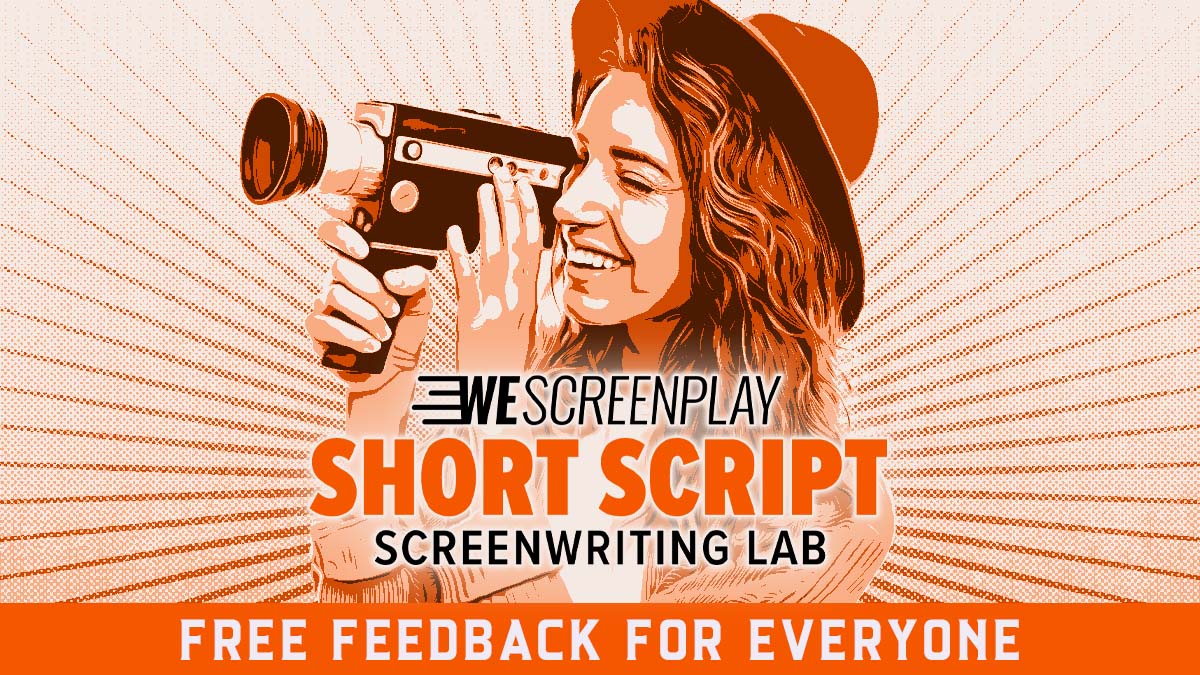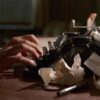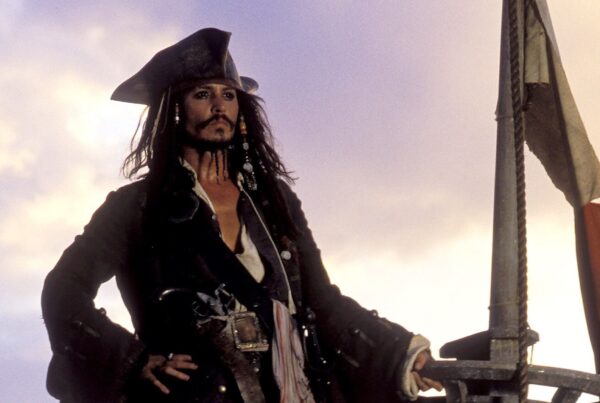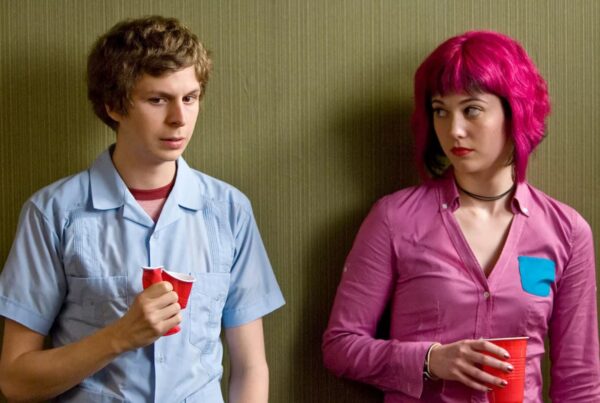
Will the person currently scheduled to direct Star Wars Episode IX be the same person that actually directs Star Wars Episode IX?
That's the question on the minds of many fans this morning after director Colin Trevorrow's latest film The Book of Henry failed to dazzle audiences and critics alike during its disasterous opening weekend. With a 25 percent on Rotten Tomatoes and an average score of 4.4 out of 10, The Book of Henry is such a mesmerizing misfire that the internet has already begun to shift their gaze towards Trevorrow's upcoming tenure in a galaxy far, far away.
That's right. Questions regarding the fate of the latest Star Wars trilogy proved to be a recurring theme throughout much of The Book of Henry's troublingly bleak critical reception, with several journalists and commentators openly questioning whether LucasFilm would be better off cutting their losses and removing Trevorrow from the project altogether.
Could that actually happen? Could Kathleen Kennedy and her team at LucasFilm concievably force Trevorrow off the project under the guise of a delay or a scheduling conflict? The answer is "they could", but that doesn't really mean much in practice. After all, the film is already gearing up for principal photography with Trevorrow still deep in rewrites following Carrie Fisher's untimely death late last year. Not to mention Hollywood's historically tricky relationship with the "sunk cost" fallacy.
As Film School Rejects notes, "it’s always interesting to see the logic that prevents otherwise rational organizations from cutting the ties with a disappointing project. They’ve already devoted development and marketing time to selling audiences on a specific project… they might as well see it through to its conclusion." That's sunk cost in a nut shell: nothing stops this train, even if the odds of success are predictably slim.
So, no. As bad as The Book of Henry is (and trust us – it's bad), Trevorrow's unlikely to wind up in the blockbuster doghouse because of it. Especially not with the behemoth that is Jurassic World sitting right beneath it on his CV. And while the quality of Jurassic World remains up for debate (nostalgia and brand power undoubtebly contributed largely to its success), audiences were undoubtedly entertained enough to skyrocket that film to massive box office success.
Star Wars is a similarly huge property, which combined with Trevorrow's franchise experience, means he's unlikely to get the boot. The folks over at LucasFilm probably aren't thrilled at what The Book of Henry says about the director's eye for quality, but it's unlikely to result in much aside from increased oversight. That should be enough to prevent a disaster, but it could also result in an derivative, by-the-numbers feel not unlike 2015's Jurassic World.
The more interesting question than will they fire him (answer: probably not) is should they? First, let's make one thing clear: it's all too easy to hang an albatross around Trevorrow's neck. We should all be quick to clarify that this is nothing against him. Not as an artist nor as a person. That said, it's hard to deny that Trevorrow's meteoric rise from independent filmmaker to the caretaker of two of Hollywood's biggest franchises has to do with more than just talent.
For example, legend has it that Trevorrow got the job for Jurassic World off a character reference from Pixar's Brad Bird. While that's all well and fine, it's also indicative of why cries for greater inclusivity in Hollywood are as loud as they are. It represents business as usual in an an era in which many are desperate for a voice of their own.
Does that mean Trevorrow is unworthy of directing Star Wars? That's harder to say. After the financial and (more importantly) critical success of Wonder Woman, we'd certainly prefer to see Patty Jenkins in the director's chair. Or Selma's Ava Duvernay, who offered J.J. Abrams valuable insight during the editing of The Force Awakens. That's not to say Trevorrow isn't a consummate professional, nor that his take on Star Wars is guaranteed to stink. It just doesn't exactly paint a pretty picture of Hollywood's inclusivity.
And after a relatively modest debut, followed by a divisive franchise sequel and a flop of mega-proportions, you can't blame fans for scratching their heads. Especially after J.J. Abrams and Rian Johnson (both of whom are experienced, well-regarded filmmakers) put diversity front and center in the casting of The Force Awakens and The Last Jedi. 
Still, in all likelihood, "Directed by Colin Trevorrow" will be the first thing audiences see as Star Wars Episode IX rolls to credits. By that time, The Book of Henry will be little more than a fading footnote in the career of an otherwise reputable blockbuster filmmaker. To be fair, we'd be surprised if the film was so bad that it ruined Star Wars (again). But at the same time, we'd be just as shocked if the final product blew us away, which is disappointing given the number of underepresented filmmakers that would bring something fresh to the table. Filmmakers that find it needlessly difficult just to get their foot in the door. And if that's not clear evidence of Hollywood's continuing diversity problem, then what is?
—
For more information on WeScreenplay Diverse Voices Screenwriting Competition, click here.
















